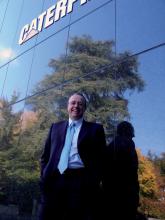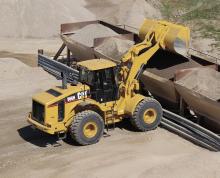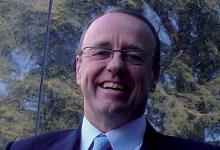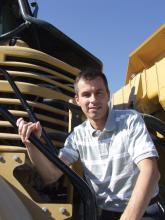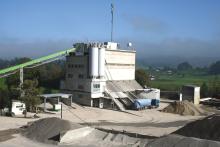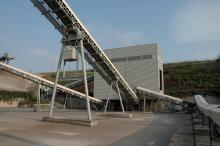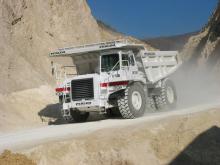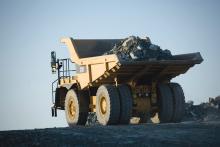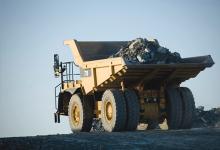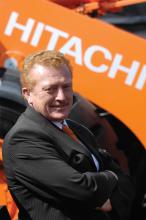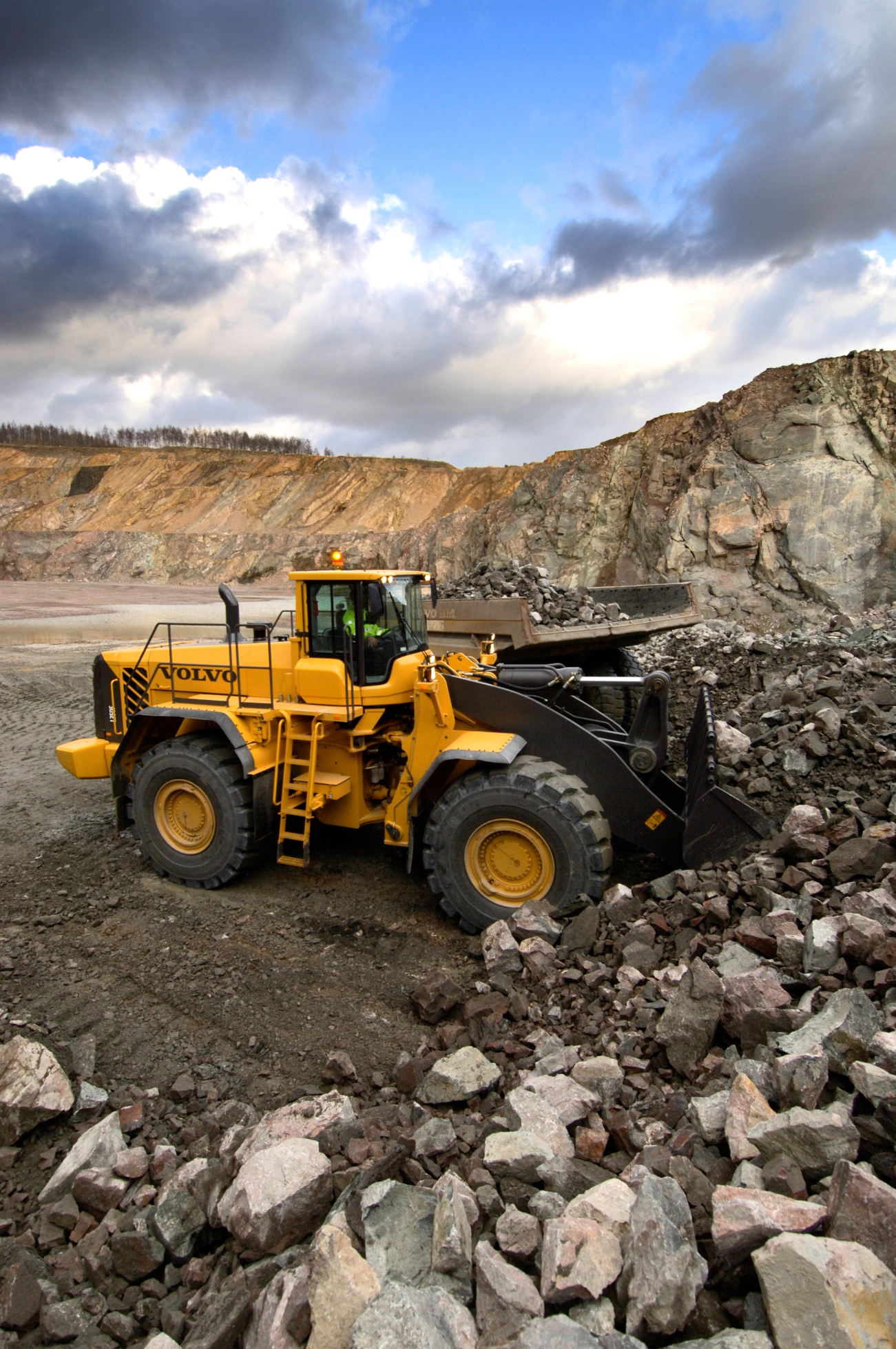
Volvo is reorganising its business to focus on customer segments rather than product lines. Claire Symes spoke to David Nus, the man charged with leading the quarrying business
Quarrying has always been a key industry for
Heading up the global customer solutions for mining, quarrying and aggregates is US-based director David Nus but he will be supported in this role by regional teams.
"The aim is to better understand the business of our customers and through knowing the business to identify the needs and develop strategies within Volvo to better serve our customers," said Nus. "We also have regional organisations for quarrying covering areas like Europe and North America so it is my role to help tie these together to get a feel for the global trends and regional nuances. This will help us to develop common solutions or regional variations." Getting into the quarries is a big part of Nus' new role and will be the focus of the next phase of this job. His main task up until now has been establishing a mining, quarrying and aggregates team for North America and he is now in the process of setting up a team for Europe and hopes to have that in place by the end of the year.
"Quarrying is the top one or two industry sectors for Volvo so it is very important to us," explained Nus. "The focus has always been there but the idea behind the teams is to formalise this focus."
Machine development
The company hopes to get closer to its customers through the new structure and involve them more in research and development.
"We have always had a history of involving customers in product development - a key example for the quarrying sector was the development of the 70tonne EC700B excavator," he said. "Volvo flew operators to the factory in Korea to test the machine in the proving ground there and we also had machines out in live quarries for long term testing to track the reliability and maintenance costs.
"We used the same approach when it came to development ahead of the launch of the L350F wheeled loader." Volvo has an applications council to look for gaps in the market and market needs. "One of the areas this organisation has focused on has been the drive for lower cost per tonne and the drive for better reliability," said Nus. "We think it is essential to understand the challenges facing our quarry customers in their everyday business in order to build machines that allow them to meet the demands placed on them." We don't have any major developments for the quarrying sector right now but we are working to deliver new machines when they are ready for launch. "Quarry and aggregates operators have long memories and it is important to launch a machine when we are confident any development issues have been sorted," he said.
We are always aware of the need to match machines - previously quarries have looked to load trucks in three to four passes but now more are looking at two to three passes.
On the topic of the
Nonetheless, he said that having larger machines would strengthen Volvo's offer to the quarrying market and added, "There is also more leverage to work with our on-highway truck business in some regions, particularly on legislation - meeting emissions regulations is the largest user of research and development budgets. We have the engineering technology in-house so it is easier to work around than start from scratch.
"But it is not just a bolt-on solution; there is a need to change systems in order to reach the required standard so there is a need to consider the full implications to a platform."
Second generation
Nus' links with Volvo extend back a long way. He started with Volvo as a student intern in the late 1980s but his connection with Volvo goes even further - his father also worked for the company. "I am a second generation Volvo employee," he said. "I visited the factory and trade shows with my father as a child and he still worked at Volvo when I was an intern.
"It has been great to come across people who knew my father. People always talk about the six degrees of separation between knowing people, but in the quarrying industry it is more like two degrees of separation." Nus gained a degree in aerospace engineering and after graduating, he worked for the company in Michigan testing software simulation packages for the
He returned to Volvo in 2004 and returned to his native US to join the excavator group and has spent the last two years as a customer solutions director covering the North American demolition market.
On his new role, Nus said that he likes working in the quarrying business. "It is pretty neat - it's a globalised business but with local needs," he said. "There has been a lot of consolidation in the industry and this does drive best practice but the industry still serves local needs.
"It is a very professional industry and has always been a 'people' business despite the drive for specialist machines and numbers. It is the people element that makes getting out into the quarries and getting to know the individuals behind the business that I enjoy." Looking to the future, Nus hopes that one of his children may follow in their father's and grandfather's footsteps and join Volvo. "I have three sons and the youngest, who is three, can already identify construction equipment - maybe it is in the blood," he said.

